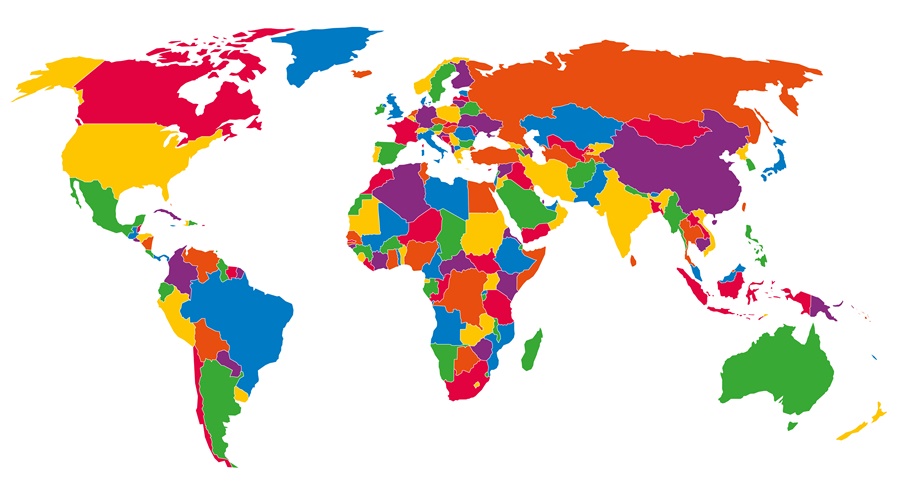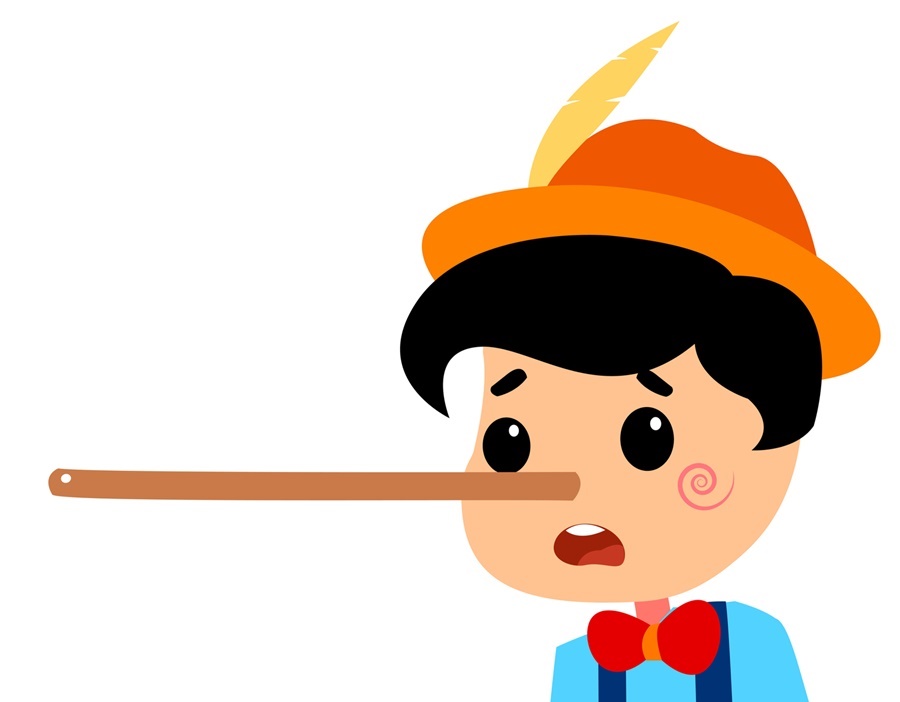
A primarily geographically descriptive trademark (not to be confused with a geographically deceptively misdescriptive trademark) is only entitled to registration with the United States Patent and Trademark Office (USPTO) on the Supplemental Register, unless it has become distinctive of the products or services listed in the trademark application. If it has become distinctive, then it would be eligible for registration on the Principal Register. I invite you to review my blog post titled “Supplemental Register vs. Principal Register – What is the Difference?” so that you understand the many important differences between the two registers and the rights afforded by each one.




